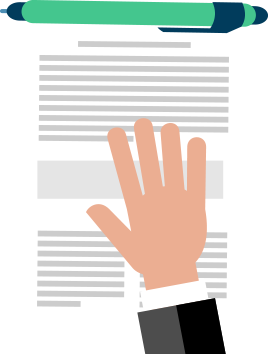Refused Credit on a loan, credit card or mortgage?
If you have recently been refused credit it could be because of a poor credit file. Perhaps you are struggling to meet your existing commitments and companies are chasing you for money.
For advice on what do to, and where to get help, if you've been refused credit, contact debt charity StepChange

Have you been refused credit?
our trusted business partners.
about any of the solutions we've mentioned, don't hesitate to get in touch.
Your options after being refused credit

Check your credit report
The first thing you should do if you've been refused a loan or other kind of credit is to check your credit rating.
The chances are, if you've been refused, that your credit report is poor or incomplete, whether due to missed payments before or late bill payments, for example.
Money Expert has teamed up with Experian to offer our customers access to a free their credit report and score for 30 days.Need Some Debt Advice?
Struggling with multiple debts and looking for a simple way to manage your finances.
Frequently asked questions

The Money Advice Service offer free and independent debt advice, find out about more options here